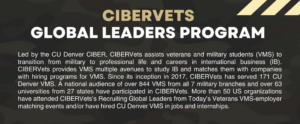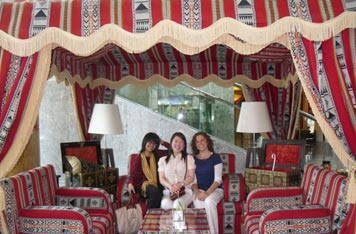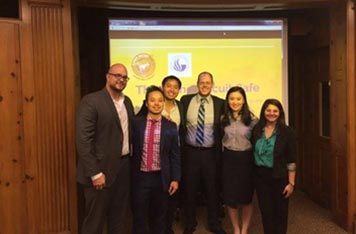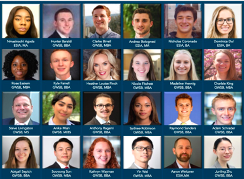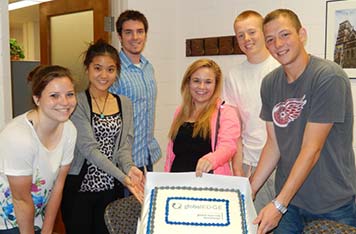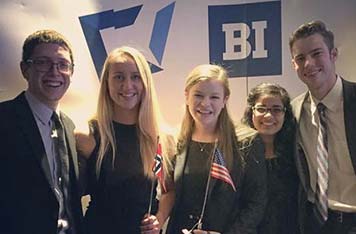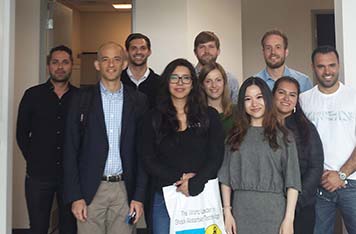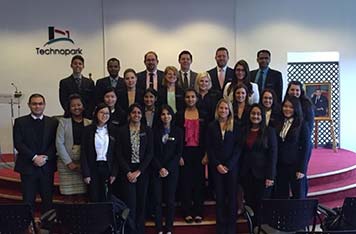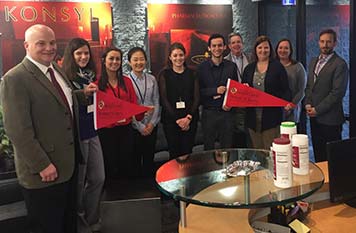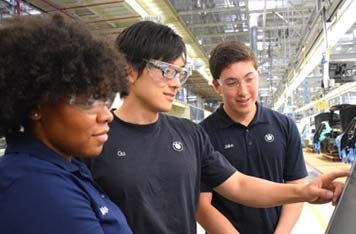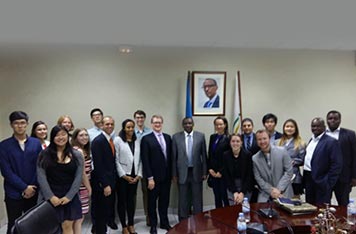Experiential Learning
Creating innovative programs that bridge the gap between theory and practice is the foundation of the CIBER mission. Experiential learning allows students to apply their knowledge and conceptual understanding to real-world problems while building on the language, cultural and functional business skills learned in the classroom. Click on a photo below to see an experiential learning project!
Latest on Twitter
Quick Links
Featured

University of Maryland–Robert Smith CGB Case Study
1) N5 Sensors, a leading Maryland-based company specializing in environmental hazard detection, worked with a team of six graduate students in the Maryland Global Consulting
UMD Case Studies
The case studies below describe how exporters have increased exports because of the support and programming provided by the CIBE at the University of Maryland.
